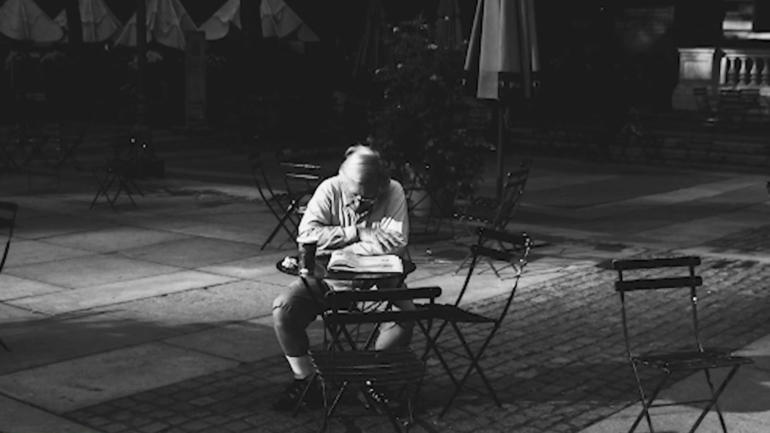Thirty-five-year-old Polish street photographer, Luc Kordas, is constantly on the road. He has lived in six countries. Loneliness has been his constant companion.
CGTN’s Karina Huber reports.
“Traveling around and moving from one place to another, it’s kind of hard to build a social life and at the end of the day you explore, you meet a lot of new people, but then you find out that your true friends and your family is back home,” he said.
Loneliness is a theme he’s explored professionally through photography. One of his latest series is titled “The Singular Loneliness of New York City.” “You have kids here, you have older people, you have millennials – all the spectrum. Anyone can feel lonely and I guess I take pictures of those people, because I can relate,” said Kordas.
He’s not alone. A growing body of data indicates that in many parts of the world people are feeling lonely. A 2018 survey by health insurers, Cigna, found that 46% of U.S. adults sometimes, or always, feel alone or left out. People between the ages of 18 and 22 are the loneliest generation. Former U.S. surgeon-general Vivek Murthy calls it an epidemic.
“Many people I have met have thousands of friends on Facebook but find few people who really know them. As a society, we have built stronger Wi-Ficonnections over time, but our personal connections have deteriorated,” said Murthy.
That is affecting our health. The risks associated with loneliness include: dementia, reduced lifespan, depression, anxiety and cardiovascular disease. Loneliness is a serious health problem in other parts of the world, too. In Japan, China and many other countries doctors are increasingly worried.
The UK now has a Minister for Loneliness. Denmark and Australia have launched campaigns to reduce it. Kordas says one of the most gratifying parts of his loneliness series was the response to it. “I got a lot of emails from people writing me that they feel the same and they can totally relate and thanked me for showing it in a visual language,” he said.
Perhaps the first step in fighting the problem lies in talking about it. If we do that, we can lessen the stigma of this all too-common emotion.
Learn about the cost of loneliness from Yale University professor Laurie Santos
Karina Huber speaks with Yale University professor Laurie Santos. Her class– titled “Psychology and the Good Life”, is Yale’s *most popular class in the school’s history. Karina began by asking her whether loneliness has really hit epidemic proportions.
 CGTN America
CGTN America

